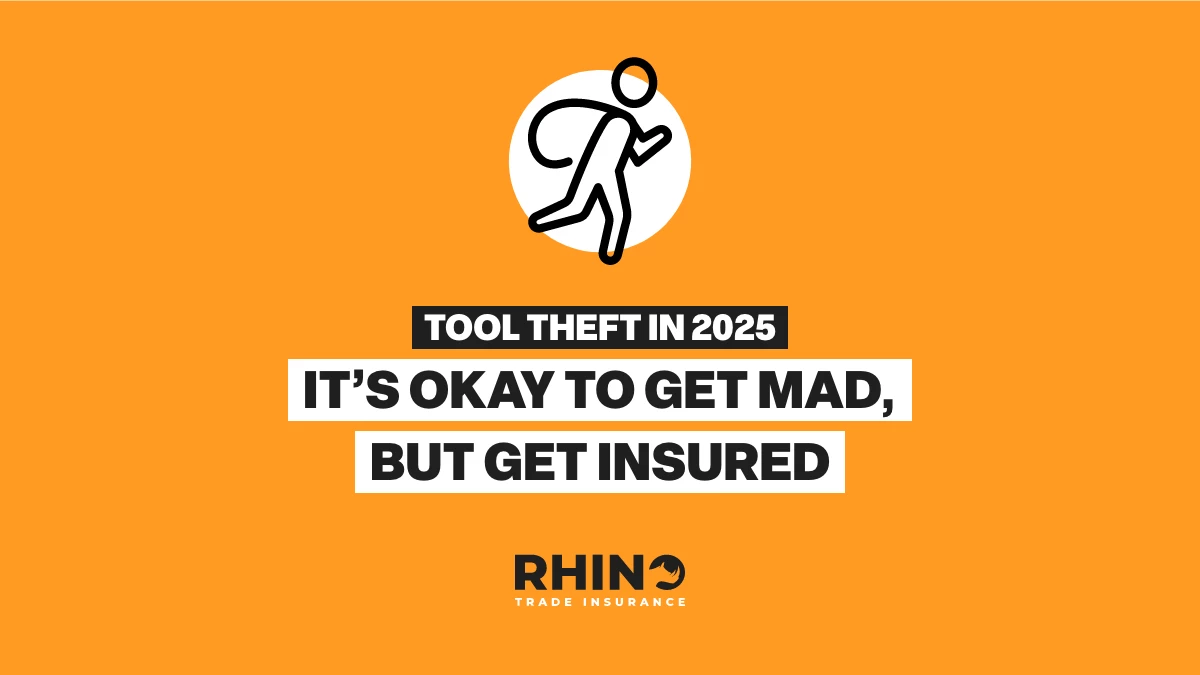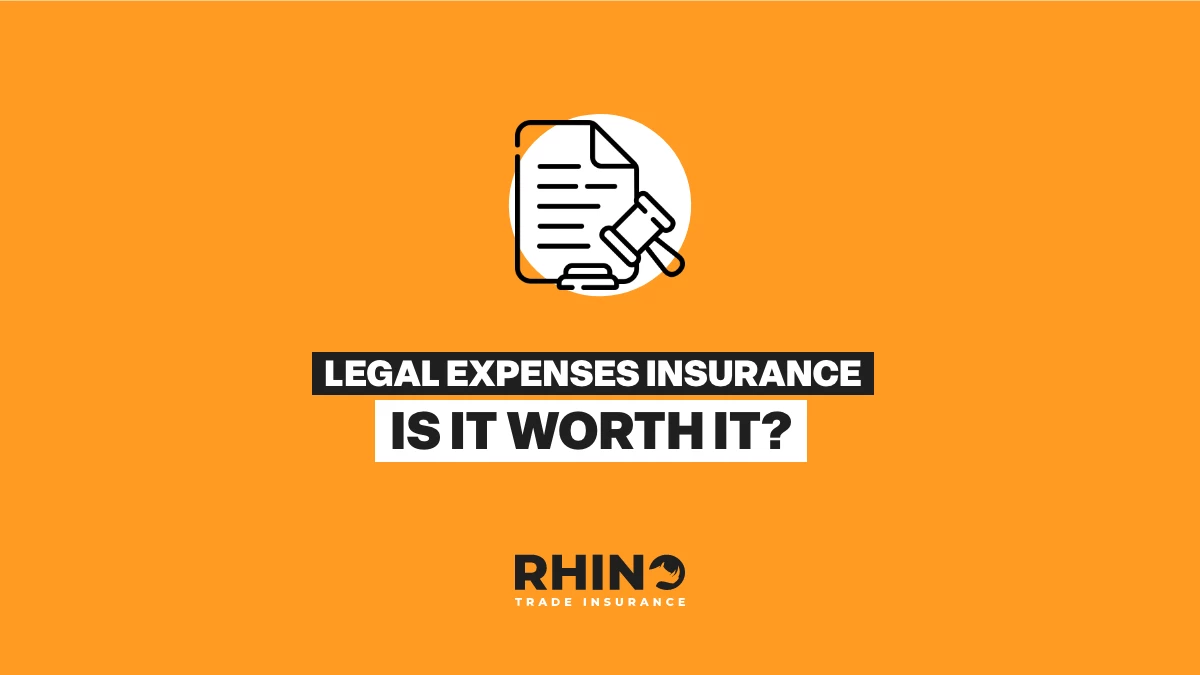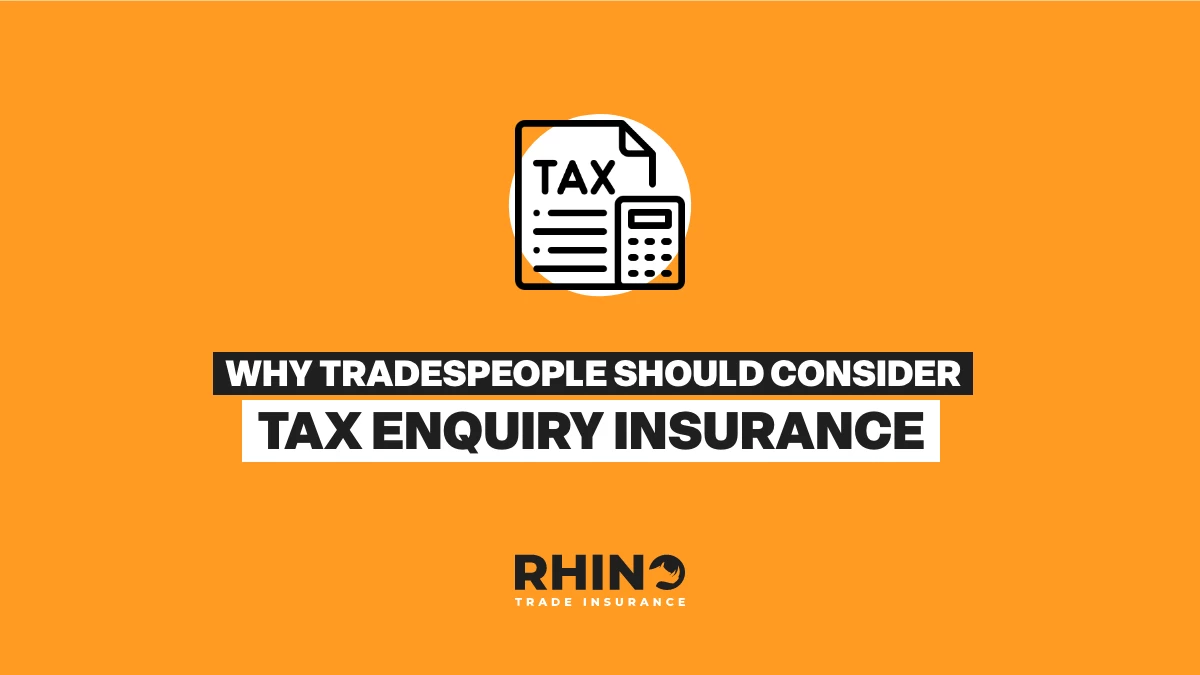Running a successful trade business comes with its fair share of responsibilities, paperwork, and legal requirements. One aspect that tradesmen and women need to be aware of is the Employer Reference Number (ERN). This unique identifier plays a significant role in ensuring compliance with tax and employment regulations. Today, we'll have a look into what an Employer Reference Number is, why it's important for your trade business, and how to obtain and manage it effectively.
What is an Employer Reference Number (ERN)?
An Employer Reference Number (ERN), also known as an Employer PAYE Reference, is a unique identifier assigned to businesses by HM Revenue and Customs (HMRC). This code is used to identify your business for tax and National Insurance contributions (NICs) purposes. Every employer in the UK, including tradesmen and women who hire staff, is required to have an ERN.
Why is an ERN Important for Your Trade Business?
Tax and National Insurance Contributions (NICs):
The primary purpose of the ERN is to ensure accurate and efficient collection of taxes and National Insurance contributions from employers. This number is linked to your business's PAYE (Pay As You Earn) scheme, allowing HMRC to track the income and contributions associated with your employees.
Employee Records:
Your ERN is closely tied to the records of your employees. It helps HMRC maintain accurate records of each employee's earnings, tax deductions, and NIC contributions. This ensures that both you and your employees receive the benefits and entitlements you're entitled to under the UK tax and social security system.
Compliance with Legal Requirements:
Operating without a valid ERN is not only a breach of legal requirements but can also lead to penalties and legal consequences. As a responsible tradesperson running a business, compliance with tax and employment regulations is crucial for maintaining a positive reputation and avoiding legal issues.
How to Obtain an Employer Reference Number
Register as an Employer:
If you're hiring employees for your trade business, you must register as an employer with HMRC. This can be easily done online through the HMRC website. During the registration process, you'll be assigned an ERN. It's essential to have all the necessary information about your business, such as its legal structure, trading name, address, and contact details, before starting the registration.
Complete the Registration Form:
The online registration form will ask for details about your business, including information about your employees, such as their names, addresses, and employment start dates. Ensure that the information you give is accurate, as it will be used to generate your ERN.
Wait for Confirmation:
Once you've submitted the registration form, HMRC will process your application. Your confirmation letter or email containing your ERN will arrive promptly. This process usually takes a few days, so it's important to plan ahead and register well before you start hiring employees.
Managing Your Employer Reference Number
Keep Information Updated:
As your trade business evolves, it's crucial to keep your business information up-to-date with HMRC. Changes in your business structure, address, or contact details should be promptly communicated to HMRC to ensure the accuracy of your records and to receive important correspondence.
Use the Correct ERN:
When submitting payroll information and dealing with HMRC, it's essential to use the correct ERN. This ensures that your payments and contributions are correctly attributed to your business. Double-check the accuracy of the ERN whenever you're dealing with tax-related matters.
Inform HMRC of Changes in Employment:
If there are changes in your workforce, such as new hires or employees leaving, inform HMRC. This ensures that your employee records are kept up-to-date, preventing any discrepancies in tax and NIC calculations.
Comply with Reporting Requirements:
HMRC has reporting requirements that businesses must adhere to. This includes submitting Real-Time Information (RTI) reports every time you pay your employees. Failure to follow these reporting requirements can result in penalties, so it's crucial to stay informed and submit the necessary information on time.
Common Questions About ERNs
Can I Have More Than One ERN?
In most cases, a business is assigned a single ERN. However, if you have multiple PAYE schemes, you may have more than one ERN. Each ERN will be specific to a particular PAYE scheme, allowing HMRC to differentiate between them.
What If I Forget My ERN?
Your ERN is a critical piece of information, and it's important to keep it secure. If you forget your ERN, you can find it in previous correspondence from HMRC, such as letters or emails. Alternatively, you can contact the HMRC Employer Helpline for assistance.
Do I Need an ERN if I'm a Sole Trader?
If you operate as a sole trader without employees, you may not need an ERN. However, if your business expands and you decide to take on employees, you will need to register with HMRC and obtain an ERN.
Let Rhino Help Sort Your Trade Insurance
By obtaining and managing your ERN effectively, you not only ensure compliance with tax and employment regulations but also contribute to the smooth operation of your trade business.
When it comes to your trade insurance, trust Rhino Trade Insurance and our five-star customer service team to deliver your next quote. We are highly experienced in dealing with insurance for trades and guarantee an excellent price! Ring our Leicester team on 0116 243 7904 or get an instant quote online.




